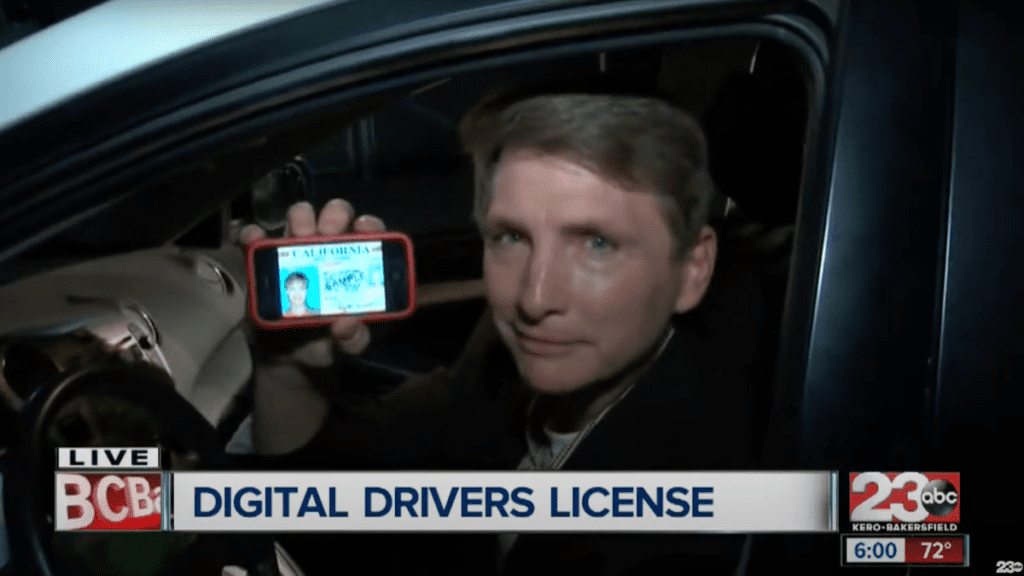Handing A Cop Your Digital Driver's License Can Lead To An All-Out Search Of Your Phone

Picture this: You push the speed limit a bit, and suddenly those red and blue lights pop up in your rear view. You, a future-minded tech enthusiast, proudly hand the cop your digital driver’s license on your cell phone. Yet that grin fades when the cop starts switching apps, and finds all those Venmo transactions that the IRS never got wind of — all thanks to the completely legal search you consented to when you handed over your phone.
Is The Early 9th Generation Honda Civic Really That Ugly? | Jalopinions
There’s no guarantee that handing your digital license over to a cop will result in a search, but there’s enough precedent out there that it’s a possibility — one that’s best avoided if at all possible. Some digital ID implementations might keep you safe, but it’s not a guarantee.
Generally, you can’t be searched without a warrant. We’ve got a whole amendment about it, it’s great. The issue with phones comes in the form of consent searches, wherein the person being searched consents to the search itself, which skips right past the whole “warrant” thing entirely — even if the person doesn’t exactly know they’re consenting.
In multiple cases, courts have decided that unlocked phones handed to police who ask for them — even without verbal or written consent to search — are fair game for consent searches. These searches can even go as far as scraping deleted data from your phone’s memory, accessing data you may not have known was at all accessible.
Apple’s recent implementation of digital driver’s licenses in California does take this threat of a warrantless search into consideration. The company specifically says that “Users do not need to unlock, show, or hand over their device to present their ID,” but whether users intuitively know that is another question. Apple stores IDs in its Wallet app, the same app that users are used to tapping on point-of-sale machines — presenting the phone is part of the muscle memory.
The idea of unlocking a phone, too, is legally fraught. Some courts have determined that police can force you to unlock your phone using biometrics, while others have determined that such behavior is a fourth and fifth amendment violation — the actual security of fingerprint or facial recognition is far from legally settled. Passcodes, however, have stronger legal protections. Stick with that in your traffic stop, if you can.
So far, by the Transportation Security Administration’s metric, digital IDs have been implemented by nine states: California, New York, Georgia, Arizona, Maryland, Colorado, Louisiana, Iowa, and Utah. Plenty more are looking into the technology, and considering adopting it in the future. Each of these states have different courts with different ideas of what constitutes an illegal search, and without a precedent set by federal judges it can be tough to say what’s safe.
Digital IDs don’t add much in terms of convenience — your license isn’t taking up that much space in your wallet — and may open you up to all sorts of searches for information you’d rather not have found. Every single person has something to hide, and trust that cops will dig yours up if they can find it. Best to not give them the option, and keep your license on a piece of plastic.



